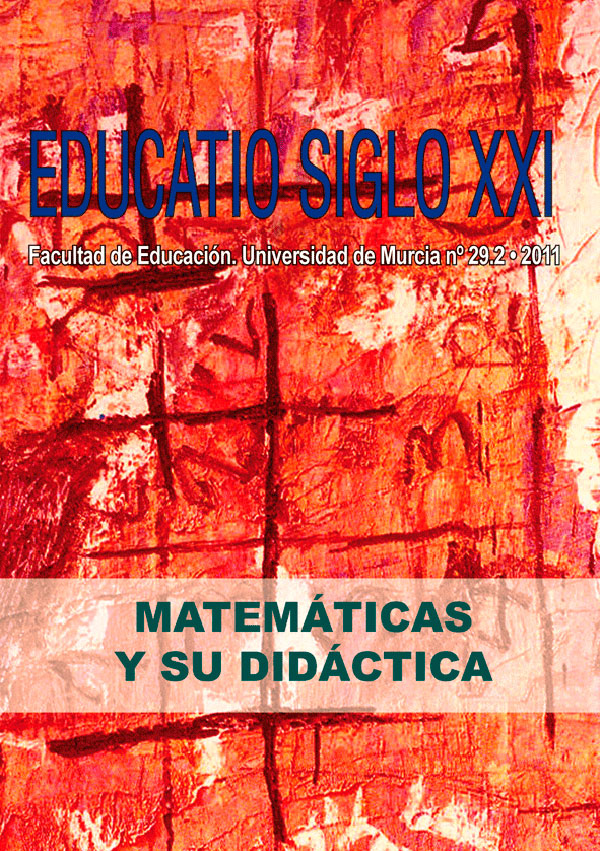La participación de las familias inmigrantes como fundamento pedagógico en la construcción de la interculturalidad en la escuela
Resumen
En nuestro país, las aulas han pasado en poco tiempo de ser espacios monoculturales a multiculturales, y con la intención de aspirar a construir de manera cooperativa una educación intercultural que profundice en los valores de la escuela inclusiva.
En ese sentido, aprovechar educativamente las diferentes culturas pasa por reconocer que lo común es la diversidad y que la diversidad debe ser, desde la perspectiva pedagógica, lo común en los diseños y propuestas de intervención educativa; como también es necesario reconocer el importante papel que deben tener las familias en la construcción de una sociedad democrática intercultural. Intentando clarificar esas cuestiones, en este artículo presentamos algunas de las conclusiones más relevantes resultantes de un estudio cualitativo de investigación realizado en la provincia de Málaga, que tenía como objetivo fundamental conocer y comprender el sentido y orientación educativa de la participación de las familias inmigrantes en los contextos escolares.
Los resultados de este estudio indican que las familias inmigrantes requieren de la creación de nuevos espacios de relación y un clima de diálogo activo con el apoyo de los docentes, en escuelas que aspiran construir la interculturalidad desde los principios de participación, cooperación e innovación educativa.
Descargas
-
Resumen1694
-
PDF1724
Las obras que se publican en esta revista están sujetas a los siguientes términos:
1. El Servicio de Publicaciones de la Universidad de Murcia (la editorial) conserva los derechos patrimoniales (copyright) de las obras publicadas, y favorece y permite la reutilización de las mismas bajo la licencia de uso indicada en el punto 2.
2. Las obras se publican en la edición electrónica de la revista bajo una licencia Creative Commons Reconocimiento-NoComercial-SinObraDerivada 4.0 Internacional (texto legal). Se pueden copiar, usar, difundir, transmitir y exponer públicamente, siempre que: i) se cite la autoría y la fuente original de su publicación (revista, editorial y URL de la obra); ii) no se usen para fines comerciales; iii) se mencione la existencia y especificaciones de esta licencia de uso.
3. Condiciones de auto-archivo. Se permite y se anima a los autores a difundir electrónicamente las versiones pre-print (versión antes de ser evaluada) y/o post-print (versión evaluada y aceptada para su publicación) de sus obras antes de su publicación, ya que favorece su circulación y difusión más temprana y con ello un posible aumento en su citación y alcance entre la comunidad académica. Color RoMEO: verde.











